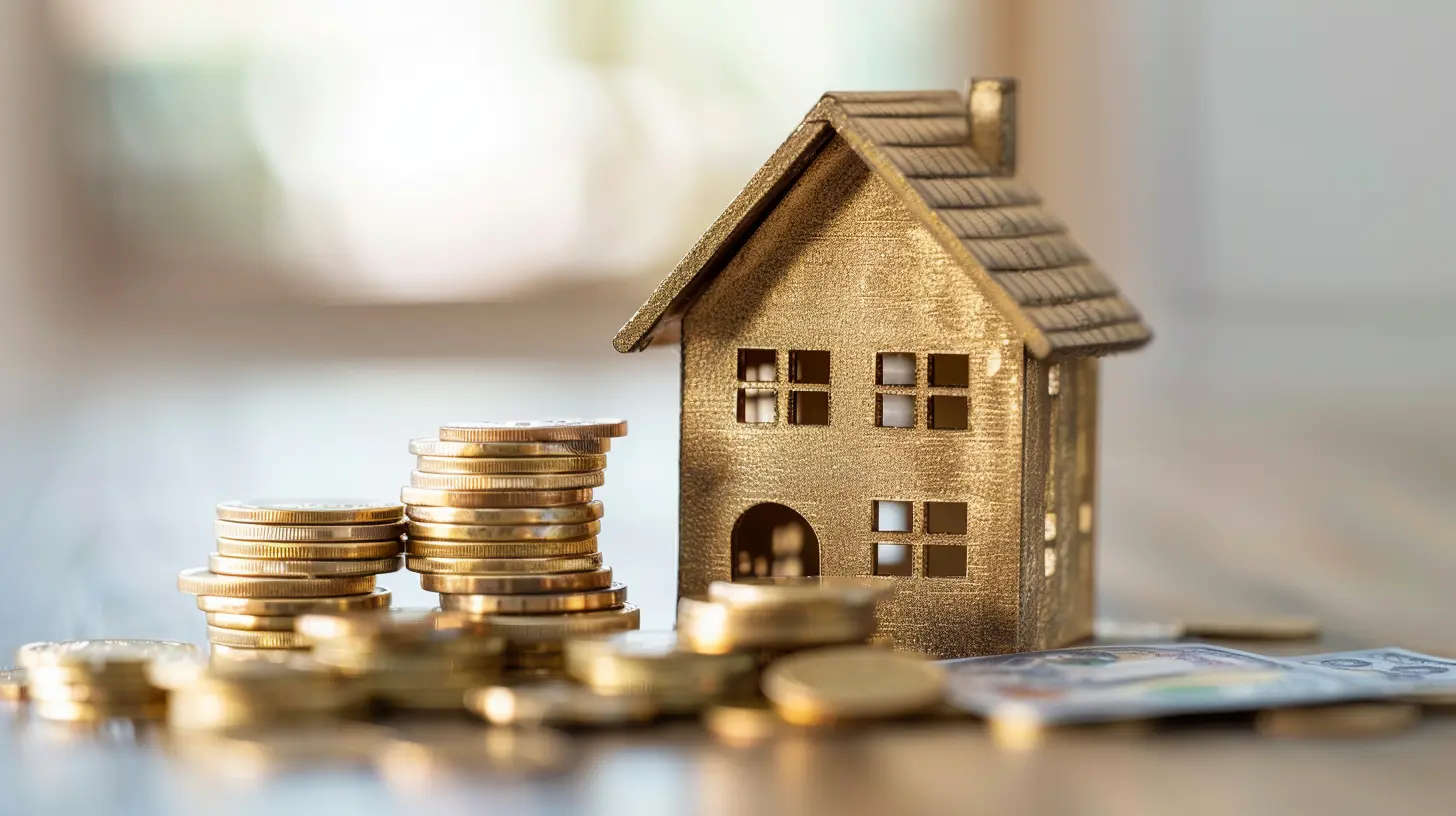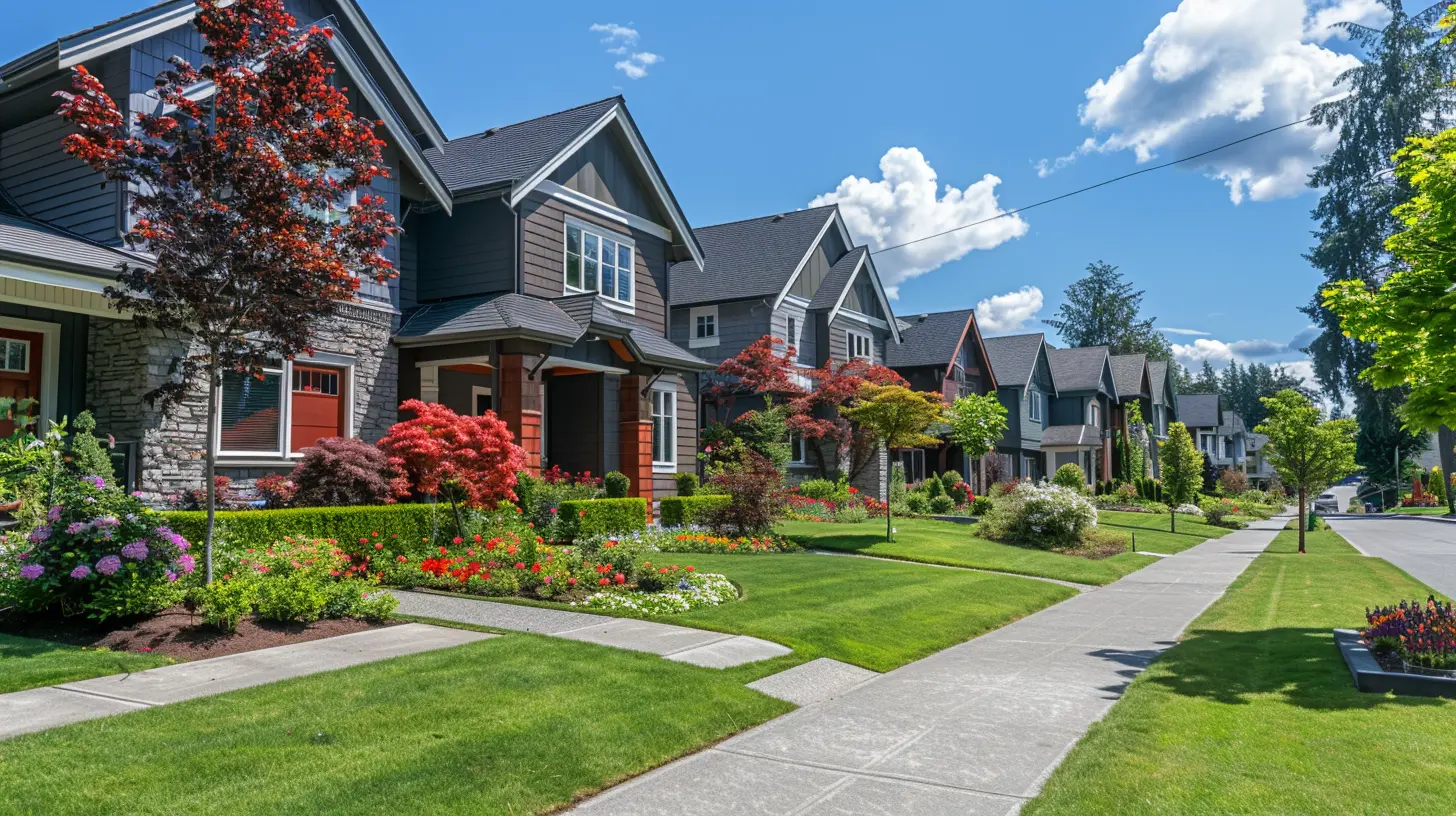The Impact of Interest Rates on Home Purchases
3 November 2025
When it comes to buying a home, one of the biggest factors that can make or break your decision is interest rates. These little numbers might seem small at first glance, but they have a massive impact on how much house you can afford, how much you’ll pay over time, and even the overall housing market trends.
But what exactly happens when interest rates rise or fall? And as a homebuyer, how should you navigate these changes? Let’s break it down in simple terms.

Understanding Interest Rates in Real Estate
Before we dive into the specifics, let’s clarify what interest rates actually are.At its core, an interest rate is the cost of borrowing money. When you take out a mortgage to buy a home, your lender charges you an interest rate—a percentage of the loan amount—on top of the principal.
The Federal Reserve (or the Fed) plays a key role in setting these rates. While they don’t directly set mortgage rates, they influence them by adjusting the federal funds rate, which affects how expensive it is for banks to borrow money.
Now, let’s talk about how these interest rates impact home purchases.

How High Interest Rates Affect Homebuyers
When interest rates go up, buying a home becomes more expensive. Here’s how it affects you as a buyer:1. Higher Monthly Mortgage Payments
Even a small increase in interest rates can drive up your monthly mortgage payment significantly. Let’s say you’re looking at a $300,000 home with a 30-year mortgage:- At a 3% interest rate, your monthly principal and interest payment would be about $1,265.
- At a 6% interest rate, that same payment jumps to $1,799.
That’s an extra $534 per month—or $6,408 per year—just because of higher interest rates! This can push buyers out of their budget range or force them to look for less expensive homes.
2. Reduced Buying Power
With higher interest rates, you simply can’t afford as much house. A buyer who once qualified for a $400,000 home at 3% interest might only afford a $320,000 home at 6% interest because their monthly payment increases. The amount of loan you can qualify for shrinks when rates go up.3. Struggles for First-Time Homebuyers
First-time buyers often have tighter budgets and smaller down payments. When rates rise, it’s especially tough for them because they might not be able to afford the monthly payments or qualify for a large enough loan to buy the home they want.
How Low Interest Rates Benefit Homebuyers
On the flip side, when interest rates go down, homebuying becomes far more attractive. Here’s why:1. Lower Monthly Payments
Lower interest rates mean cheaper mortgage payments, leaving you with extra cash for savings or home improvements. For instance:- A $300,000 loan at 3% interest = $1,265/month
- A $300,000 loan at 2% interest = $1,109/month
That’s a savings of $156 per month or nearly $1,872 per year—just by securing a lower interest rate!
2. Increased Home Affordability
With low rates, buyers qualify for larger mortgage loans without breaking their budget. Someone who could only afford a $350,000 home at 5% interest might now afford a $400,000 home at 3% interest. This means more options and possibly a better home.3. Refinancing Opportunities
For homeowners who bought at higher rates, declining interest rates provide a golden opportunity to refinance—which simply means replacing their original mortgage with a new one at a lower rate. This can save thousands of dollars over the life of the loan.
The Ripple Effect on the Housing Market
Changes in interest rates don’t just affect individual buyers—they influence the entire real estate market.1. Buyer Demand & Home Prices
- Low interest rates = More buyers in the market, higher demand, and rising home prices.- High interest rates = Fewer buyers, lower demand, and slower home price growth (or even price declines in some cases).
When rates drop, buyers rush in, leading to hot seller’s markets where bidding wars drive prices up. But when rates rise, sellers may struggle to find buyers, leading to price cuts and longer time on the market.
2. Housing Supply & New Construction
Builders and developers also keep a close eye on interest rates. Higher borrowing costs can slow down new construction, leading to lower housing supply and potential housing shortages. On the other hand, lower interest rates encourage builders to ramp up construction.3. Real Estate Investment Trends
Investors closely monitor interest rates when deciding whether to buy rental properties. Low mortgage rates make real estate investments more attractive because they increase cash flow, while high rates can shrink investment returns.Should You Buy a Home When Interest Rates Are High?
If you’re house hunting in a high-interest-rate environment, don’t panic just yet! Here are some ways to navigate the situation:1. Consider Adjustable-Rate Mortgages (ARMs)
If you expect rates to drop in the near future, an adjustable-rate mortgage (ARM) might be an option. ARMs offer low initial interest rates that could increase later, but they can make homeownership more affordable in the short term.2. Buy Now, Refinance Later
A popular approach is to buy now and refinance later when rates go down. The phrase "Marry the house, date the rate" means you can lock in a home at today's price and refinance when lower rates return.3. Improve Your Credit Score
Lenders offer the best interest rates to buyers with higher credit scores. Even a small boost in your credit score can help lower your mortgage rate and save thousands over time.
Final Thoughts
Interest rates play a huge role in determining when and how people buy homes. Low-interest rates make homeownership more affordable and encourage a booming real estate market, while high-interest rates can slow down sales and limit affordability.If you're looking to buy a home, keep an eye on market trends and evaluate your long-term financial goals. Whether rates are high or low, there are always strategies to find the perfect home at the right time.
At the end of the day, the best time to buy a home is when you’re financially ready—not just when interest rates are low. So, stay informed, keep saving, and when the right opportunity comes, make your move!
all images in this post were generated using AI tools
Category:
Housing MarketAuthor:

Kingston Estes
Discussion
rate this article
1 comments
Iliana McClary
Great insights on how interest rates influence home purchases! It’s fascinating to see how even slight changes can affect buyer decisions. This information is crucial for anyone in the market. Thanks for breaking it down so clearly! Looking forward to more updates!
November 3, 2025 at 12:39 PM

Kingston Estes
Thank you for your feedback! I'm glad you found the insights helpful. Stay tuned for more updates!


